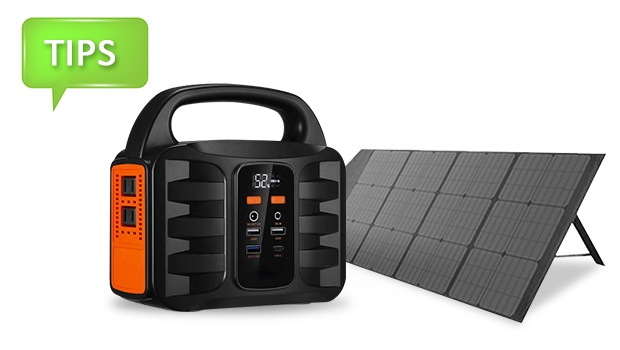The Ultimate Guide to Handling Large Solar Power Units
페이지 정보
작성자 Jermaine 작성일25-11-02 13:57 조회2회 댓글0건관련링크
본문

Storing and transporting high-capacity solar generators for home backup generators requires meticulous attention to detail to ensure both safety and longevity of the equipment. These units are high-output and sensitive and often contain advanced rechargeable battery packs that can create hazardous conditions if mishandled. The critical initial procedure is always to turn off the generator and disconnect all devices and charging cables before storage or transport. This prevents accidental discharge, overheating, or electrical surges.
Store in a climate-controlled, shaded location free from UV exposure and thermal extremes. Prolonged heat exposure reduces capacity and lifespan, while freezing conditions may reduce efficiency or cause internal damage. The optimal range is 10–25°C. Steer clear of humid, poorly ventilated spaces unless they are properly climate controlled. Moisture can lead to corrosion on terminals and internal components.
During prolonged non-use, it is recommended to keep the battery charged between 40 and 60 percent. Fully charging or fully discharging the battery for extended periods can significantly reduce cycle life. Monitor battery status quarterly and restore charge before hitting the 25% threshold. Only employ authorized charging equipment and avoid third party or generic adapters that could deliver inconsistent current.
Always revert to the manufacturer’s shipping container if not, encase it in a shock-resistant electronic housing. Wrapping the device in cushioning material helps absorb shocks during movement. Never lay the generator on its side or upside down unless the manufacturer specifically allows it. Most units are designed to be kept upright to ensure proper alignment of internal cells and wiring.
Anchor the unit firmly in your transport so it remains stable on bumpy roads. Use straps or bungee cords to hold it in place on the cargo area of your vehicle. Keep weight off the casing. Also, maintain proper air circulation, especially in confined vehicle compartments in summer.
Keep the generator away from flammable materials, open flames, and sources of ignition. Never place it near occupants unless absolutely necessary, and never leave it unattended in a hot car. Always follow local regulations regarding the transport of lithium-based batteries, as regional authorities enforce unique compliance requirements.
Prior to restarting following storage, check for physical defects, corrosion, or burning scents. If you notice swelling, leakage, or odd noises from the unit, immediately stop operation. Consult a qualified professional for diagnosis. Routine checks and careful operation will preserve its performance for years and guarantee reliability during emergencies.
댓글목록
등록된 댓글이 없습니다.
